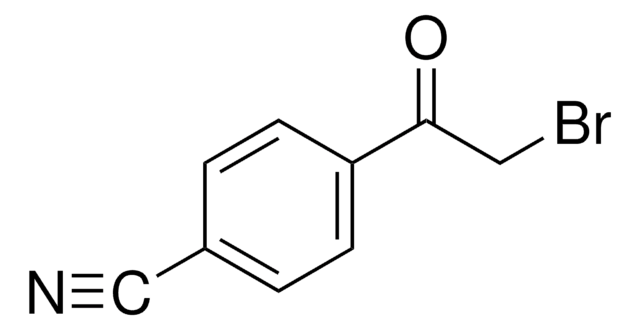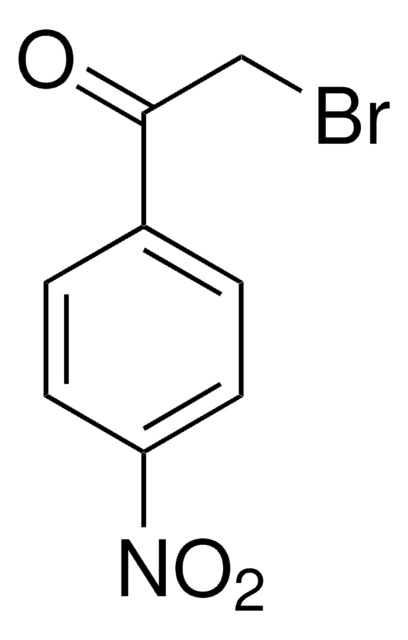214981
Diisobutylaluminum hydride solution
1.0 M in THF
Synonym(s):
DIBAL, DIBAL-H
About This Item
Recommended Products
form
liquid
Quality Level
reaction suitability
reagent type: reductant
concentration
1.0 M in THF
bp
65 °C
density
0.866 g/mL at 25 °C
storage temp.
2-8°C
SMILES string
CC(C)C[AlH]CC(C)C
InChI
1S/2C4H9.Al.H/c2*1-4(2)3;;/h2*4H,1H2,2-3H3;;
InChI key
AZWXAPCAJCYGIA-UHFFFAOYSA-N
Looking for similar products? Visit Product Comparison Guide
Application
- Synthesis of trans-alkene isosteres of protected dipeptides.
- To generate bis(1,5-cyclooctadiene)nickel(0) (Ni(cod)2) in situ, which can catalyze the conjugate addition of ethenyltributyltin to 2-propenal to form tert-butyldimethyl[((E)-1,4pentadienyl)oxy]silane.
- Reduction of the arylpropiolate esters to give the corresponding propargyl alcohol.
Packaging
signalword
Danger
Hazard Classifications
Acute Tox. 4 Oral - Carc. 2 - Eye Dam. 1 - Flam. Liq. 2 - Pyr. Liq. 1 - Skin Corr. 1B - STOT SE 3 - Water-react 1
target_organs
Central nervous system, Respiratory system
supp_hazards
Storage Class
4.2 - Pyrophoric and self-heating hazardous materials
wgk_germany
WGK 1
flash_point_f
1.4 °F - closed cup
flash_point_c
-17 °C - closed cup
ppe
Faceshields, Gloves, Goggles
Choose from one of the most recent versions:
Already Own This Product?
Find documentation for the products that you have recently purchased in the Document Library.
Customers Also Viewed
Our team of scientists has experience in all areas of research including Life Science, Material Science, Chemical Synthesis, Chromatography, Analytical and many others.
Contact Technical Service









